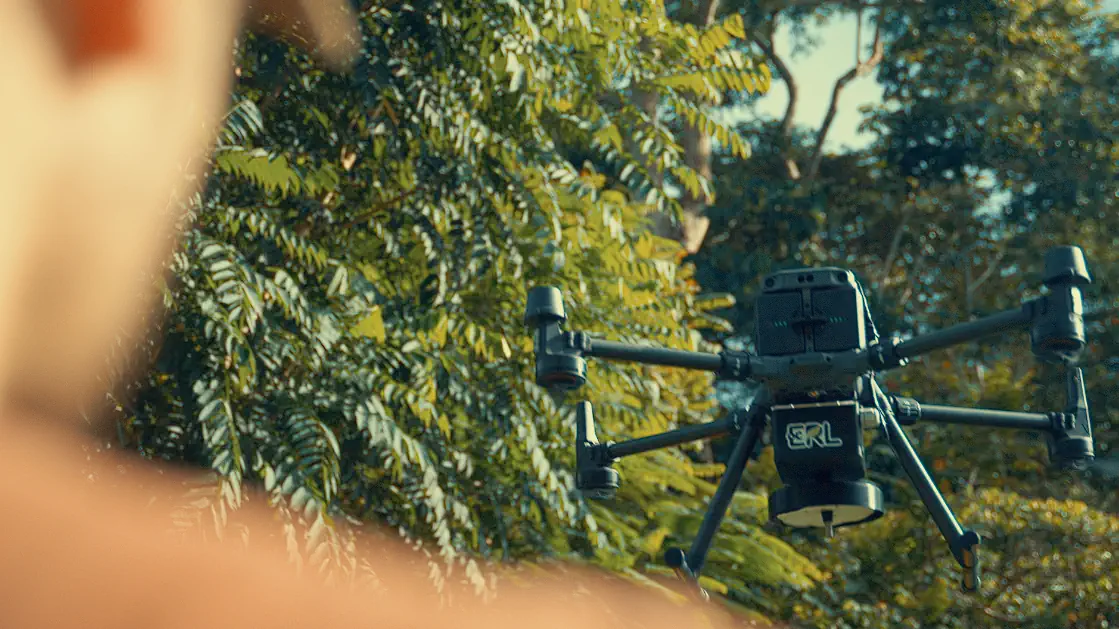DJI Drones Empower Groundbreaking eDNA Sampling in Collaboration with Wilderness International and ETH Zurich
August 30, 2024 – DJI, the global leader in civilian drones and aerial imaging technology, proudly announces its participation in an innovative pilot project aimed at transforming biodiversity monitoring. In collaboration with the Environmental Robotics Lab at ETH Zurich and the environmental NGO Wilderness International, DJI’s advanced drone technology is at the forefront of a pioneering method to collect environmental DNA (eDNA) from previously inaccessible regions, significantly enhancing the accuracy and efficiency of biodiversity research.
A New Frontier in Biodiversity Monitoring
Conventional methods of biodiversity monitoring often entail significant time and expense. However, the eDNA project, launched in March 2024, offers a revolutionary alternative. Using DJI’s Matrice drones equipped with a specially developed robotic arm from ETH Zurich, researchers can now collect eDNA samples from treetops—areas rich in biodiversity yet challenging to access. This method is not only faster and minimally invasive but also provides a cost-effective solution to long-standing research gaps in unexplored regions.
Cutting-Edge Technology for Conservation
The collaboration marks a significant advancement in the application of drone technology in scientific research. The DJI Matrice drone, customized for this project, enables the extraction of eDNA, allowing scientists to identify species present in specific locations by analyzing traces of DNA left behind by organisms. This technique is particularly valuable in studying the biodiversity of upper rainforest layers, where an estimated 60-90% of species reside but have been historically under-sampled due to accessibility challenges.
Since the project’s inception, 36 samples have been collected from three locations in the Peruvian rainforest, areas protected by Wilderness International. The eDNA analysis provides crucial insights into the biodiversity of these regions, supporting the NGO’s efforts to preserve these critical habitats.
Partnership and Future Applications
This groundbreaking project is supported by a network of committed partners: ETH Zurich has developed the innovative sampling technology, the Audi Environmental Foundation is funding project costs, and DJI is providing the necessary drone technology. Additionally, the local research organization Fauna Forever offers comparative data from conventional biodiversity methods, ensuring a comprehensive analysis of the new technique’s efficacy.
“Biodiversity monitoring via drone-based eDNA sampling and analysis is groundbreaking for Wilderness International’s conservation work,” emphasizes Kai Andersch, CEO of Wilderness International. “This methodology not only enhances our ability to monitor already protected areas but also promises to revolutionize the identification of new conservation areas, enabling us to protect primary forests more efficiently.”
Looking ahead, Wilderness International plans to expand the use of this technology to their conservation areas in Canada, where existing biodiversity data is limited. The global application of this method holds the potential to address significant knowledge gaps in biodiversity research worldwide.
Discover more from sUAS News
Subscribe to get the latest posts sent to your email.

